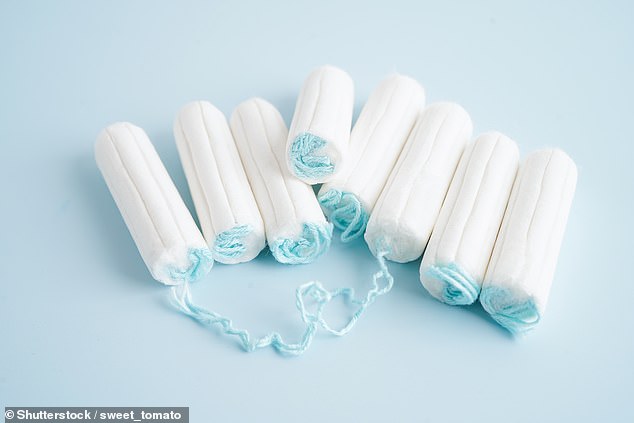
Health Alert: UK Tampons Contain Toxic Pesticides 40 Times Above Drinking Water Limits
Toxic Pesticide Found in Tampons Sparks Health Alarms
A recent study has detected alarming levels of glyphosate, a widely used herbicide, in tampons sold in the UK. Researchers found the chemical at concentrations 40 times higher than the legal limit for drinking water, raising urgent health concerns. Brands including Tampax, Lil Lets, Superdrug, Tesco, and Boots were part of the investigation, though the specific contaminated product remains unnamed.
Key Findings
Glyphosate, the active ingredient in herbicides like Roundup, was found at 0.004 mg/kg in one tampon sample. The UK and EU cap for glyphosate in drinking water is 0.0001 mg/kg, highlighting a stark disparity. The World Health Organization (WHO) classifies glyphosate as “probably carcinogenic,” linking it to cancer, Parkinson’s disease, and hormonal disruptions.
![Image: Cotton plant field]
Pesticides like glyphosate enter tampons through cotton, the primary material used in their production.
Health Risks and Absorption
Unlike ingestion, vaginal exposure allows chemicals to bypass the body’s detoxification systems, directly entering the bloodstream. “If this chemical is unsafe in drinking water, why is it in menstrual products?” questioned Amy Heley of the Pesticide Action Network. Helen Lynn from the Women’s Environmental Network added, “Consumers deserve transparency and regulations ensuring product safety.”
US Legal Battles
In the U.S., glyphosate’s risks have fueled thousands of lawsuits against Monsanto, Roundup’s manufacturer. Plaintiffs claim the herbicide caused non-Hodgkin’s lymphoma, leading to a $11 billion settlement in 2020. Ongoing cases continue to challenge the chemical’s safety.
![Image: Courtroom scene]
Monsanto faces ongoing lawsuits over glyphosate’s health impacts, including a landmark $11 billion settlement.
Previous Studies and Calls for Action
Earlier research also detected heavy metals like lead and arsenic in tampons. Josie Cohen of Pesticide Action Network urged the UK government to implement stricter regulations, citing a “toxic gap” in health protections. Experts recommend:
- Mandatory testing for pesticide residues in menstrual products.
- Transparent labeling of ingredients.
- Reducing glyphosate use in agriculture.
![Image: Roundup herbicide bottle]
Glyphosate, the main ingredient in Roundup, is labeled “probably carcinogenic” by the WHO.
Conclusion
With growing evidence of harmful chemicals in everyday products, advocates demand urgent reforms. As Heley emphasized, “Women and menstruating individuals should not be exposed to hidden risks.” The study underscores the need for rigorous safety standards to protect public health.
Word count: ~600


